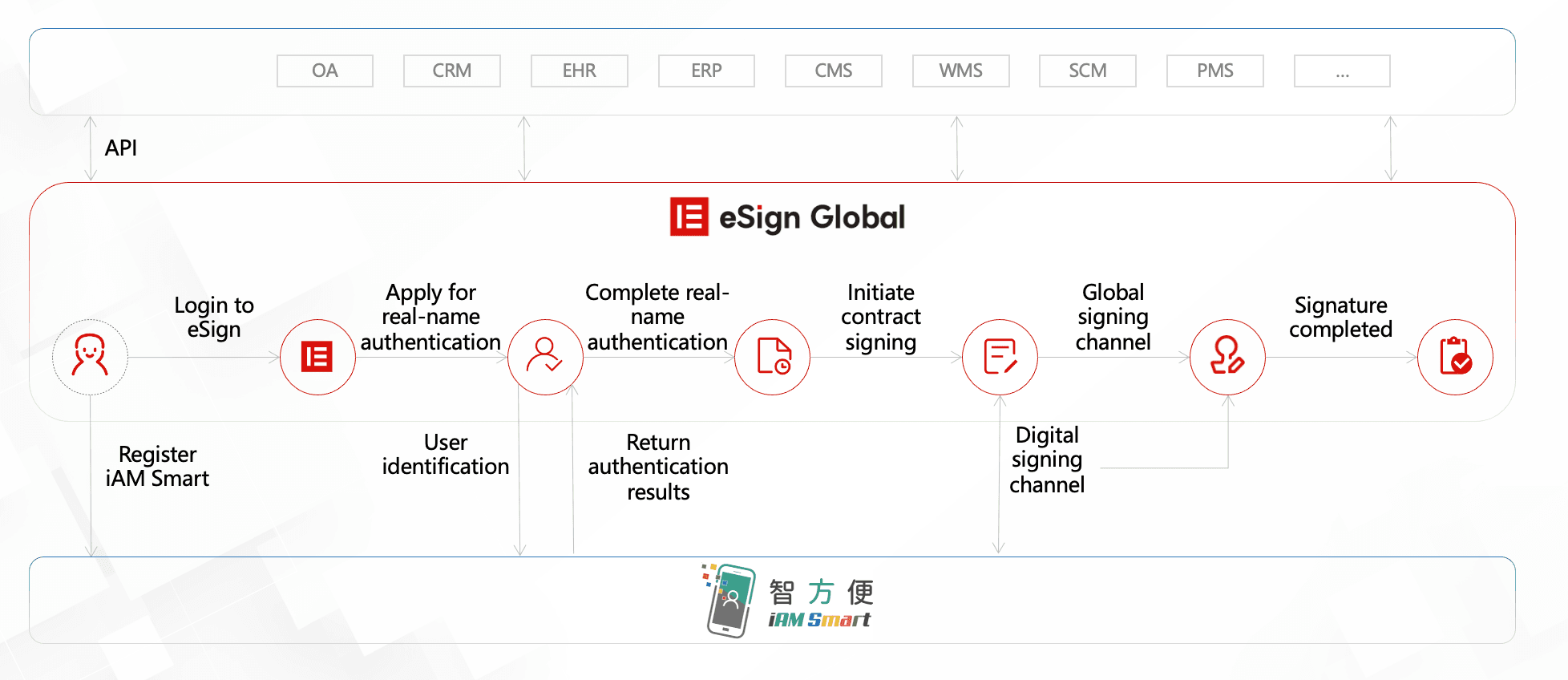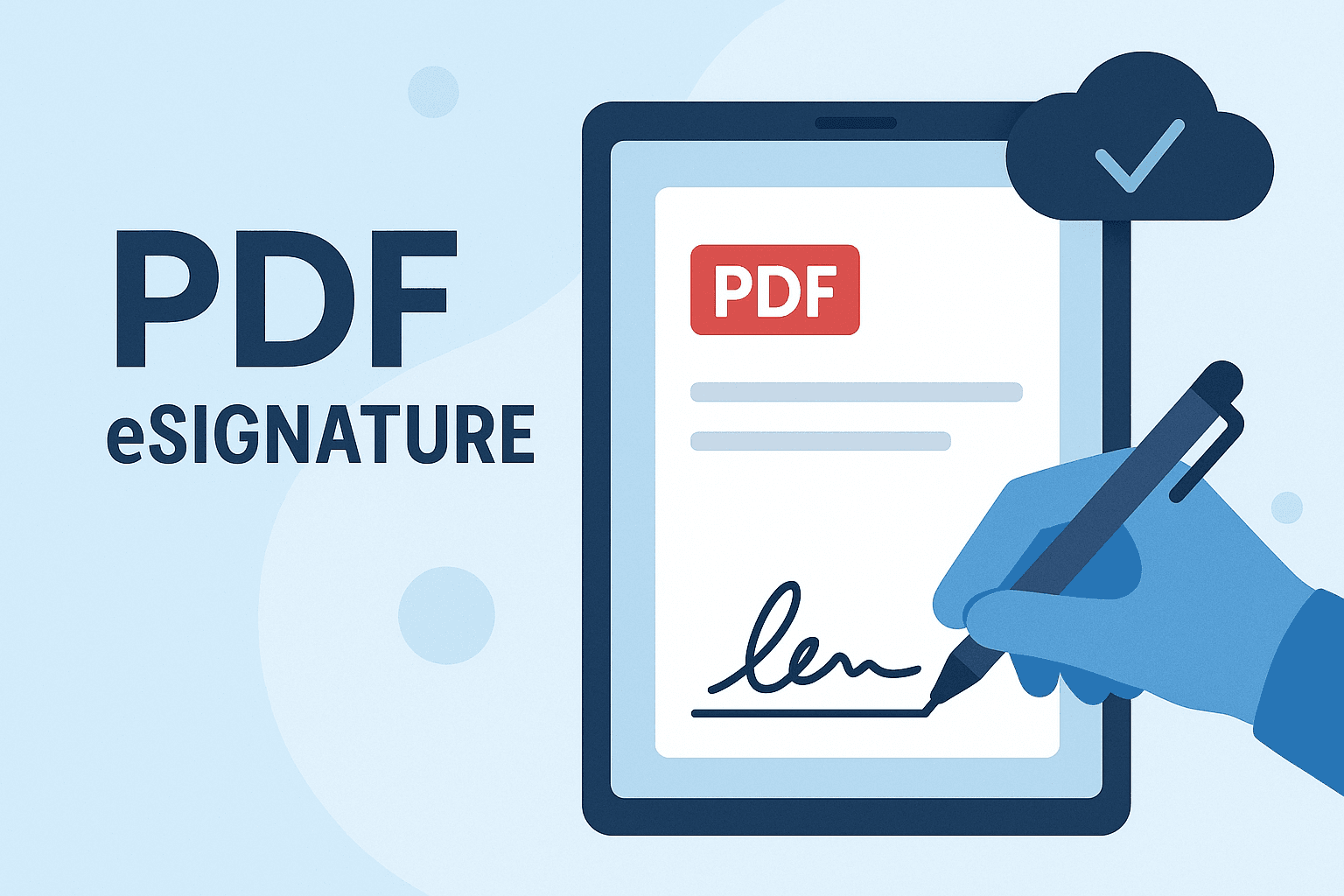What are the risks of not having a DSC?





What Are the Risks of Not Having a DSC?
In today’s digital-first world, more businesses and government bodies are moving towards paperless transactions—making Digital Signature Certificates (DSCs) not just beneficial, but increasingly mandatory. Under local regulations such as Hong Kong’s Electronic Transactions Ordinance (Cap. 553) and similar legislation across Southeast Asia, the use of certified electronic signatures like DSCs not only fulfills legal requirements but ensures data integrity and transaction security.
But despite these developments, there remains a segment of businesses and professionals who either delay or avoid implementing a DSC entirely. This seemingly simple omission can lead to a wide range of risks—legal, operational, financial, and reputational. In this article, we’ll dive deep into the real risks of not having a DSC and why compliance with regional electronic signature laws should be a top priority.

1. Legal Non-Compliance
One of the most critical risks associated with not having a DSC is a lack of legal recognizability. In jurisdictions like Hong Kong and Singapore, certain government filings—such as tax declarations, business registrations, and cross-border contracts—require the use of a valid digital signature certificate to be considered legally binding. Without a DSC, your submitted documents may be rejected, delayed, or considered void.
For example, the Companies Registry in Hong Kong mandates electronic submissions via the “e-Registry” platform to be digitally signed using recognized digital certificates. Failing to meet this requirement can result in administrative penalties or failed registration procedures.
2. Data Integrity and Transaction Security
Digital transactions inherently involve risks such as impersonation, unauthorized alterations, and illegal access. DSCs are encrypted in a way that links the signer to the document, ensuring two critical aspects: authenticity and integrity. Without a DSC, your documents are more susceptible to tampering and data breaches.
A digital signature certificate uses cryptographic techniques to ensure that once the document is signed, even a minor change invalidates the digital signature—alerting all parties to potential fraud. Omitting this security layer could lead to unauthorized alterations in contracts, invoices, or sensitive communications, ultimately eroding trust and leading to potential legal consequences.

3. Restricted Access to Government and Regulatory Services
Governments across Southeast Asia, such as Malaysia’s Suruhanjaya Syarikat Malaysia (SSM) and Thailand’s Revenue Department, increasingly require digital signatures for secure access to filing portals and e-services. In these cases, DSCs aren’t just optional—without one, entities are effectively locked out of their ability to file regulatory submissions, apply for licenses, or update statutory records.
This restriction significantly impacts business continuity. Imagine failing to submit a time-sensitive tax document simply because there was no authorized digital signature in place. Such omissions can result in fines, non-compliance penalties, or worse—regulatory investigations.
4. Loss of Professional Credibility
In high-trust industries like finance, law, and cross-border trade, not using a recognized digital signature can cast serious doubts on your credibility. Business partners, auditors, and international clients often require verifiable digital assurances that agreements and transactions are authentic and legally binding.
Without a DSC, you may be perceived as outdated, non-compliant, or insecure. In competitive markets across Hong Kong and Southeast Asia, this could mean losing out on high-value contracts or strategic partnerships to players who are more digitally proficient.
5. Inefficiencies and Operational Delays
Too often, businesses underestimate the time-saving potential of DSCs. Without them, documents must be printed, signed, scanned, and emailed—a slow, manual process prone to errors. In contrast, digitally signed documents allow instant execution, routing workflows, and cloud-based document storage.
In remote work scenarios especially, the absence of a DSC hampers productivity. Authorizations and approvals are delayed, contracts bottleneck, and teams are constantly chasing signatures. For startups and SMEs in Southeast Asia looking to scale quickly, these operational frictions could severely impact growth trajectories.

6. Risk of Litigation and Disputes
Without a valid DSC, proving the authenticity of signed electronic agreements can become a legal nightmare in court proceedings. For instance, if a non-DSC-signed document were contested, its enforceability and the intentions of the involved parties could be questioned, exposing businesses to potential losses.
By comparison, DSCs provide a time-stamped, tamper-evident digital trail, offering solid legal proof during arbitral or judicial proceedings. In commercial hubs like Singapore and Hong Kong—where clarity in contract enforcement is paramount—this legal safeguard is indispensable.
7. Ineligibility for Regional Trade Integrations
As ASEAN moves closer toward economic integration and the digital economy continues to grow, unified e-signature standards are being adopted across countries. The lack of a compliant DSC may limit your company’s participation in government procurement, cross-border financing, or inter-government digital corridors that require authenticated e-signature capabilities.

Why Choose a Trusted DSC Solution?
If you operate in Hong Kong or Southeast Asia, selecting a compliant, secure, and locally recognized DSC solution isn’t just recommended—it’s essential. Many businesses opt for Western solutions like DocuSign or Adobe Sign, but these may lack seamless integration with local frameworks or fail to meet jurisdiction-specific compliance criteria.
That’s where eSignGlobal becomes a compelling choice.
By focusing on regional compliance standards, eSignGlobal ensures that your digital workflows are locally admissible, legally sound, and future-ready. With frictionless integration into governmental portals and trade networks, it’s built for businesses that demand security and simplicity at once.
Whether you’re filing an annual return in Hong Kong, entering into a vendor agreement in Thailand, or submitting a tender document in Malaysia, eSignGlobal provides the compliant, robust DSC infrastructure you need.

In conclusion, not having a Digital Signature Certificate in today’s regulatory and digital landscape does more than hold back convenience—it jeopardizes your security, legal standing, and business scalability. Especially in regions where tech-enabled governance is the new norm, adopting a compliant digital signature solution like eSignGlobal isn’t a luxury—it’s a legal safeguard.
Don’t leave your business vulnerable. Secure your digital identity and future-proof your operations today.

 Only business email allowed
Only business email allowed


